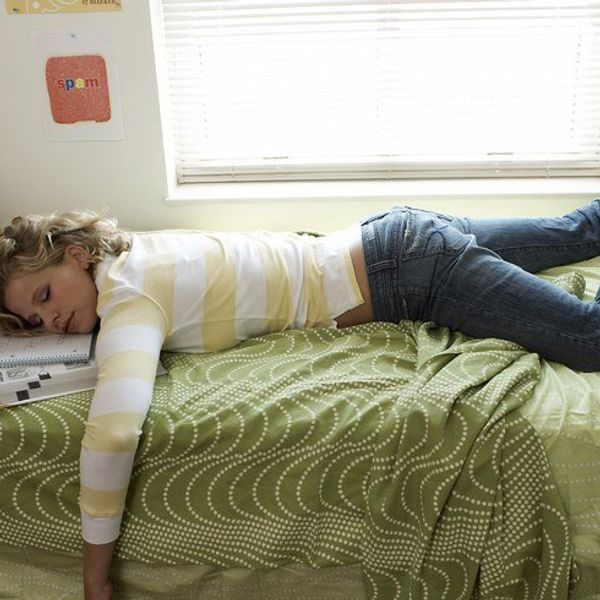Until this year, I wasn’t someone who was particularly bothered by slang words that gained popularity among the general public. It wasn’t until the yungins’ started use the term “adulting.”
Urban dictionary defines adulting as “to do grown up things and hold responsibilities, such as a 9-5 job, a mortgage/recent, a car payment, or anything else that makes one think of grown ups.” For the most part, the word is used by people on Twitter congratulating themselves for doing even more simple actions that any human could do, like completing laundry or doing dishes. The term #adulting has increased exponentially on Twitter just within this past year and has been used by several ad companies to target #millennials. Now, I am not writing this article in order to criticize fellow members of my millennial tribe, rather I am trying to debunk precisely why this stupid term has gained so much traction and what we can do about it. This recent trend comes down to the difference in between contemporary parenting and previous offspring rearing techniques of our parents' generation. In the 1960’s and 70’s, parents were encouraged to leave their children alone to let them develop and grow by themselves. This hands-off approach to child rearing produced a very different crop of humans than the current breed. In the modern day, parents are encouraged to be highly active in their children’s development. It is no surprise that thousands of tiny humans are listening to Mozart in order to improve dendrite growth, instead of wandering around in the grass by themselves. Both of these parenting styles are merited, but when parents become too involved in their child’s life, their child is likely to be less self-sufficient later on in life than they would be thirty or forty years ago. Now, this is coming from someone whose mom packed their lunches all the way until high school and recently spent their second semester of college surrounded by moldy sandwiches and juice bottles. Now, I may feel an unnecessary amount of pride in doing my laundry and coming home before 2 AM. But in the end, it is rather pointless to congratulate oneself on merely existing when there are much more important details to be shared in the media. The flourishing of such a ridiculous term really comes down to a resistance to independent life and the result is a widespread joke. The popularity of such term should come as no surprise, particularly when statistics come into play. According to the Pew Research Center 32.1 percent of adult aged 18 to 34 live at home. In the 1960’s, only 20 percent of young adults lived with their parents. Clearly, this statistic is more than just the result of parenting; the economy, job market, and personal factors also make a big impact. But in the end, we need to stop congratulating ourselves on merely existing and instead focus on things that are actually important.




















